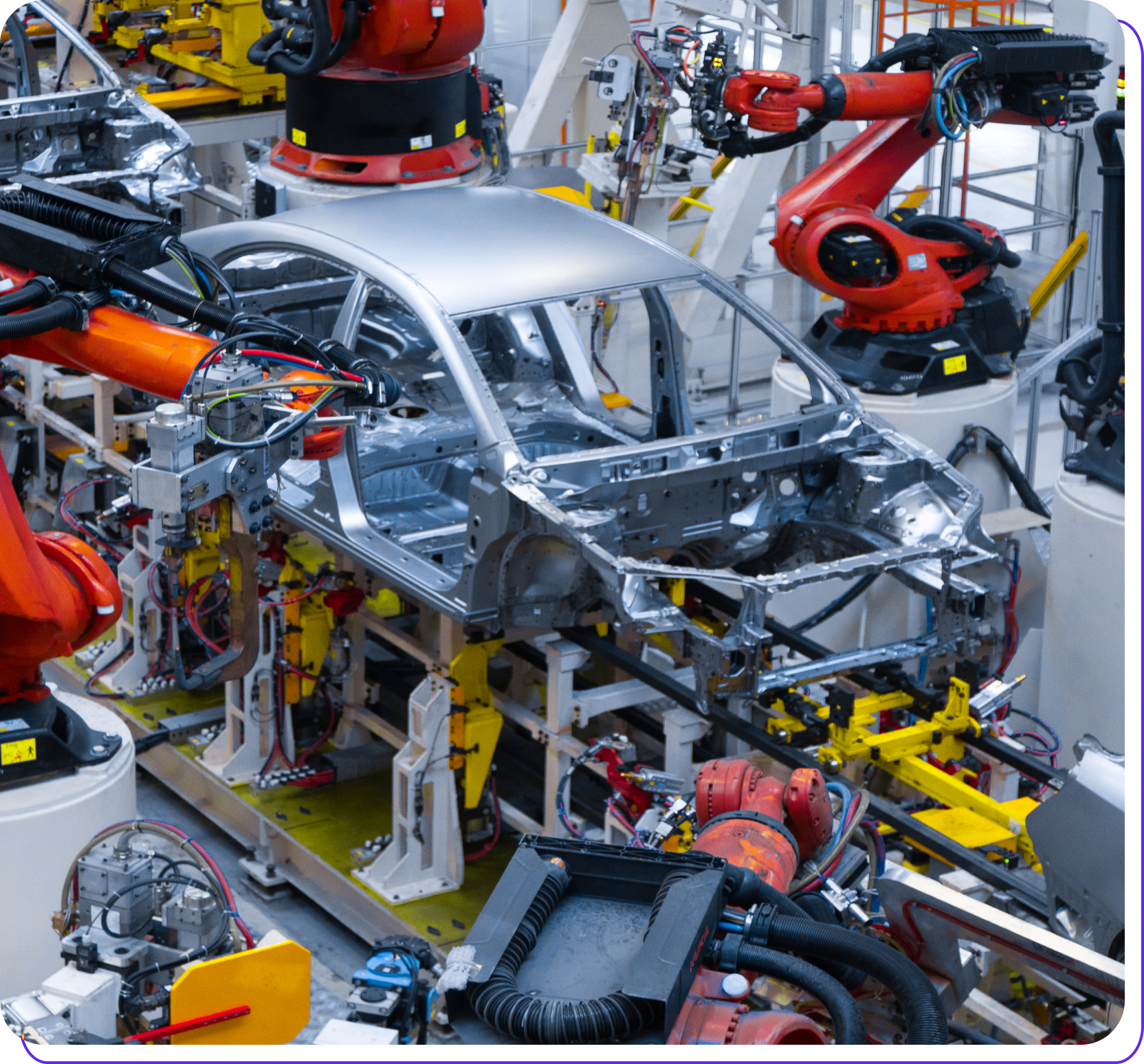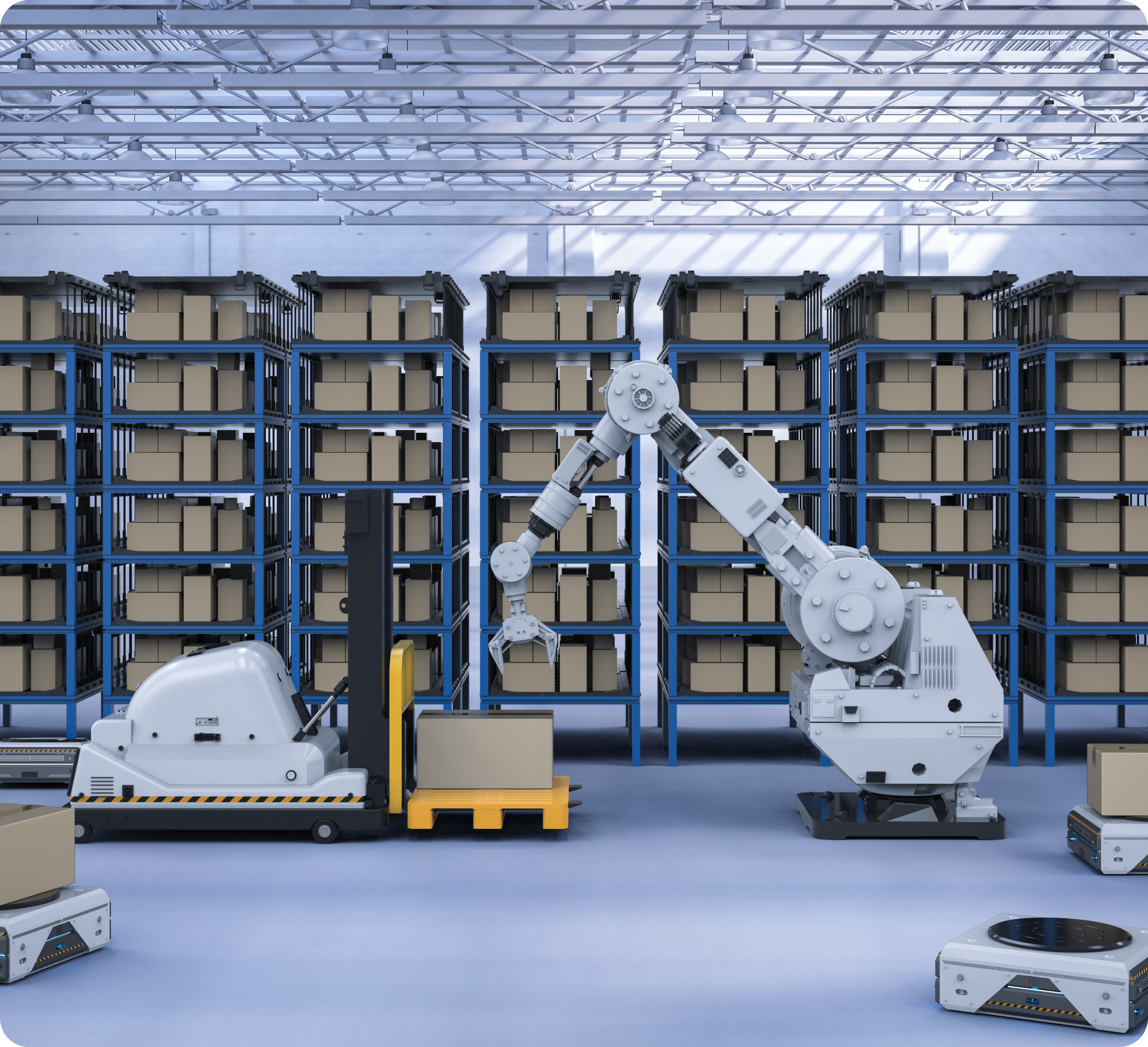Transportation and Warehousing
Artificial Intelligence in Transportation and Warehousing
The transportation and warehousing industry is undergoing a significant transformation fueled by Artificial Intelligence (AI). AI is automating tasks, optimizing logistics, and improving safety across the entire supply chain, leading to increased efficiency, cost savings, and improved delivery experiences.
Applications of AI in Transportation and Warehousing
Challenges of AI in Transportation and Warehousing

The Future of AI in Transportation and Warehousing

By embracing AI strategically, businesses in the transportation and warehousing industry can unlock new levels of efficiency, cost savings, and customer satisfaction. As AI technology continues to evolve, the future of this industry promises to be more intelligent, connected, and efficient.